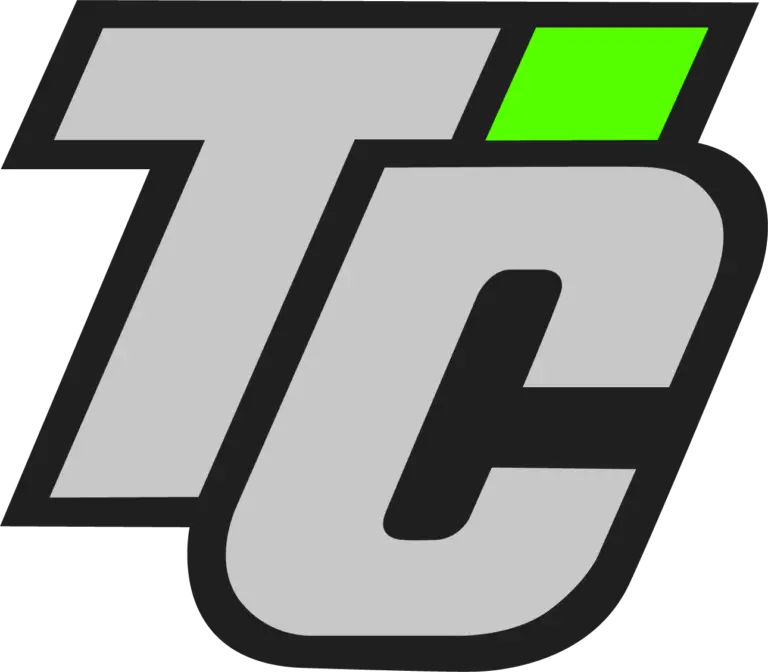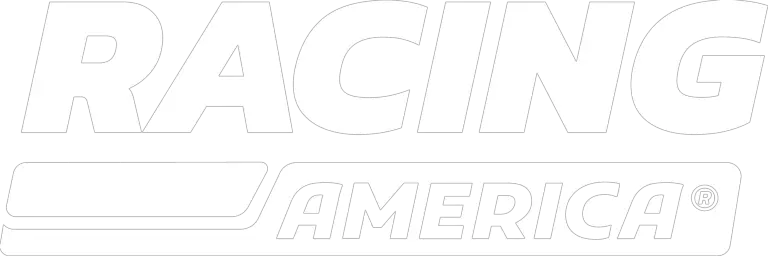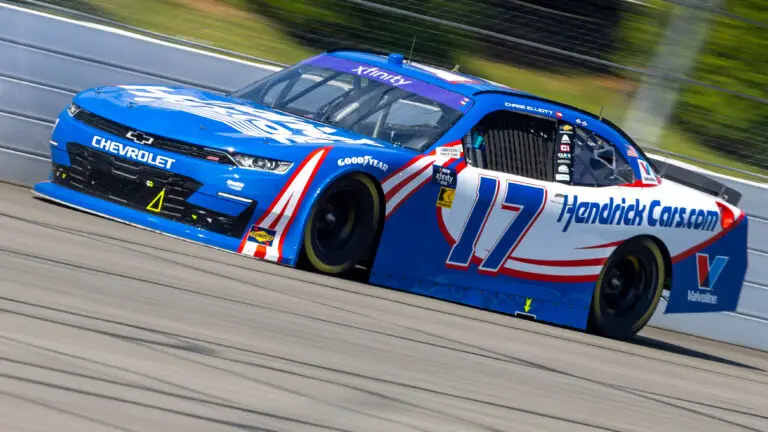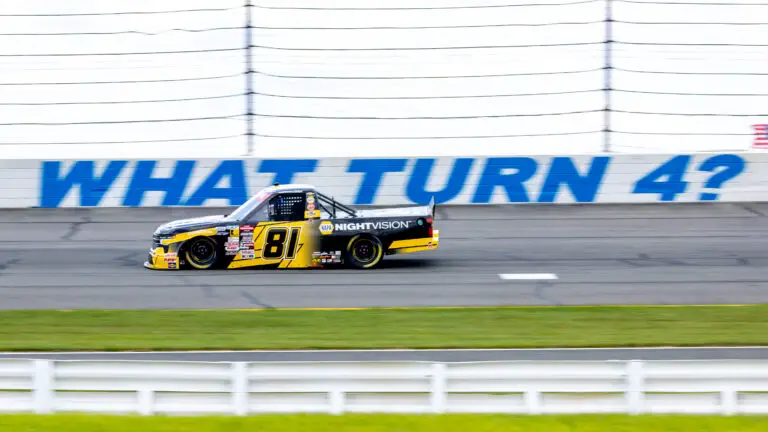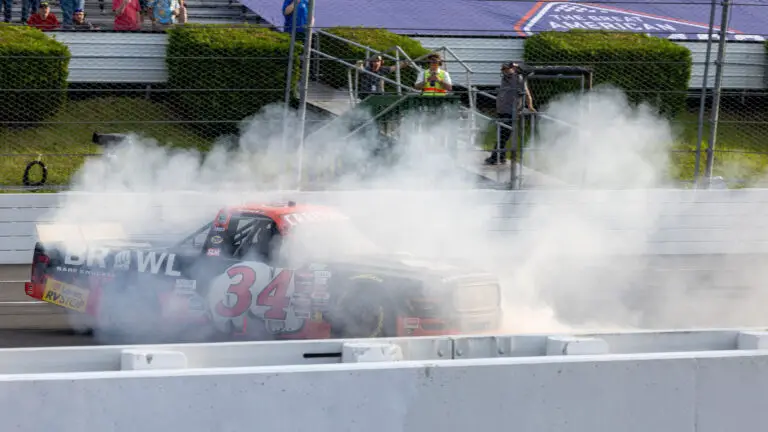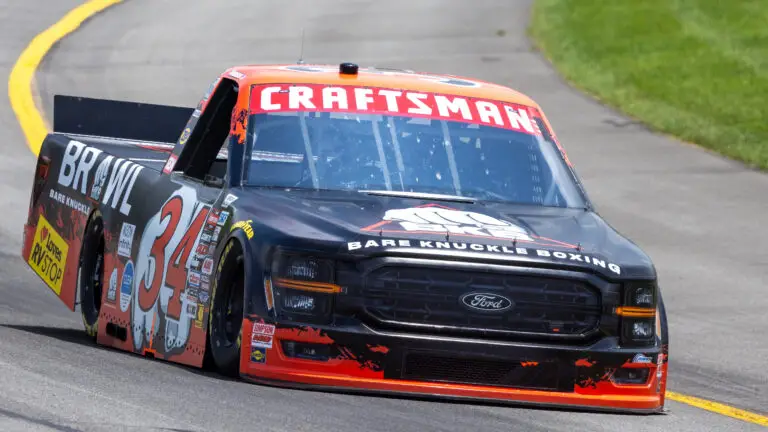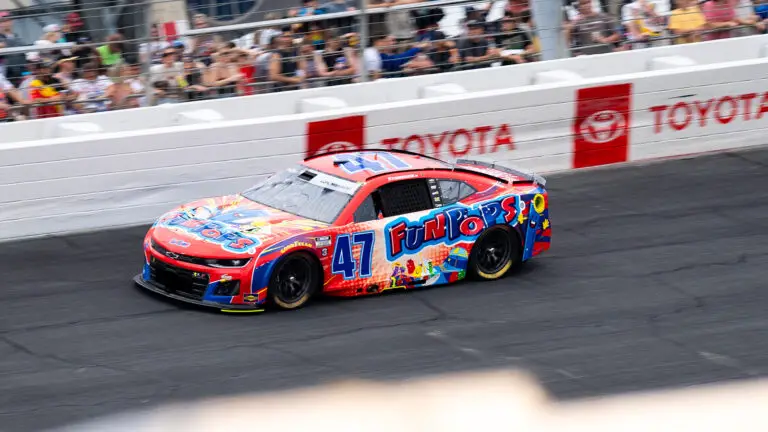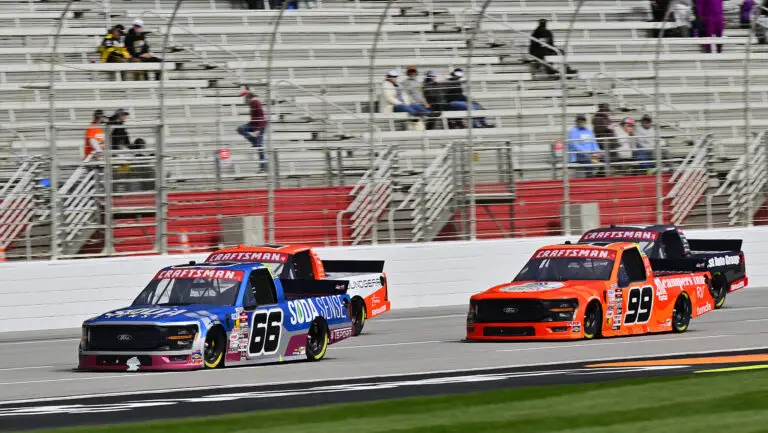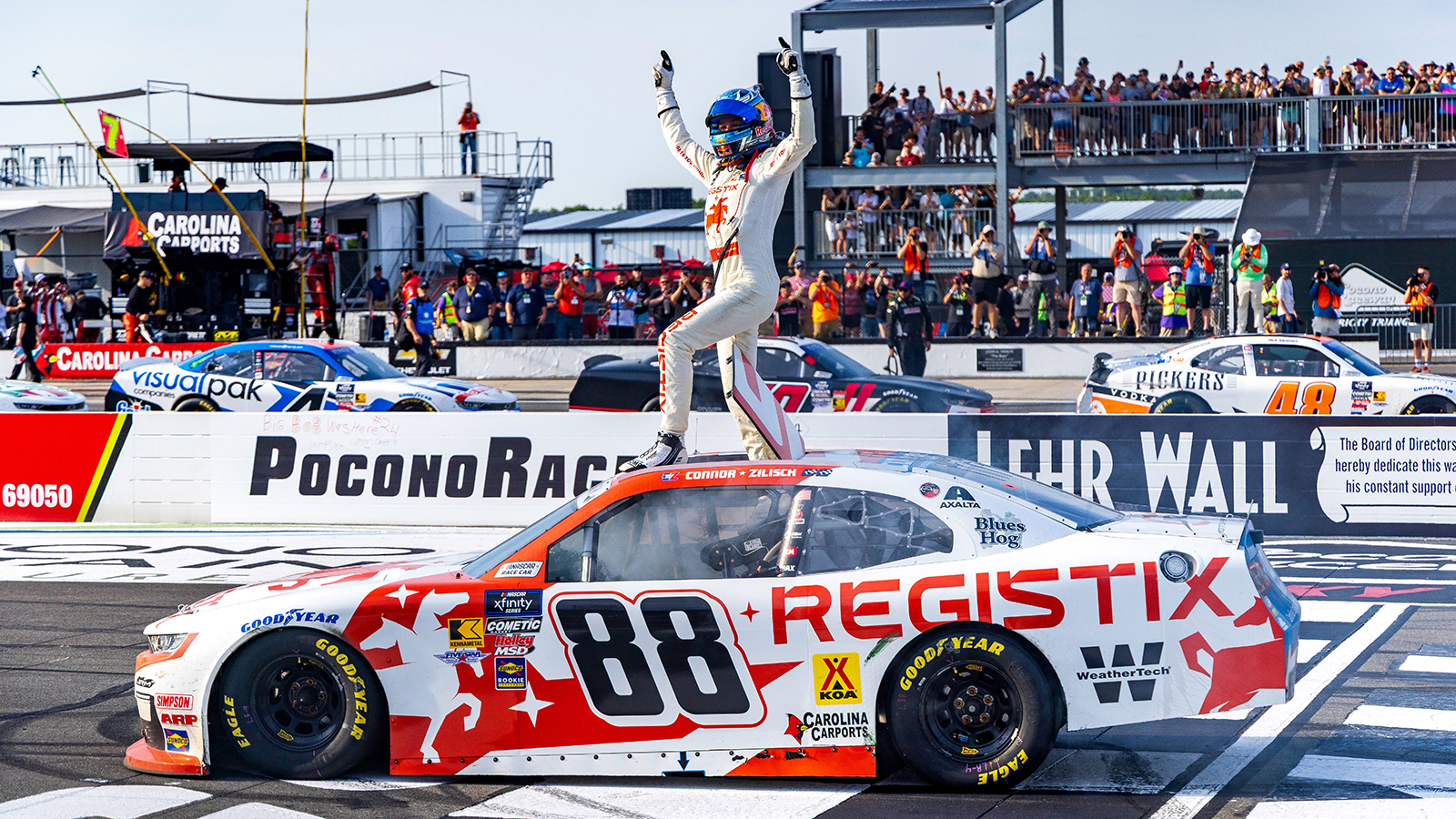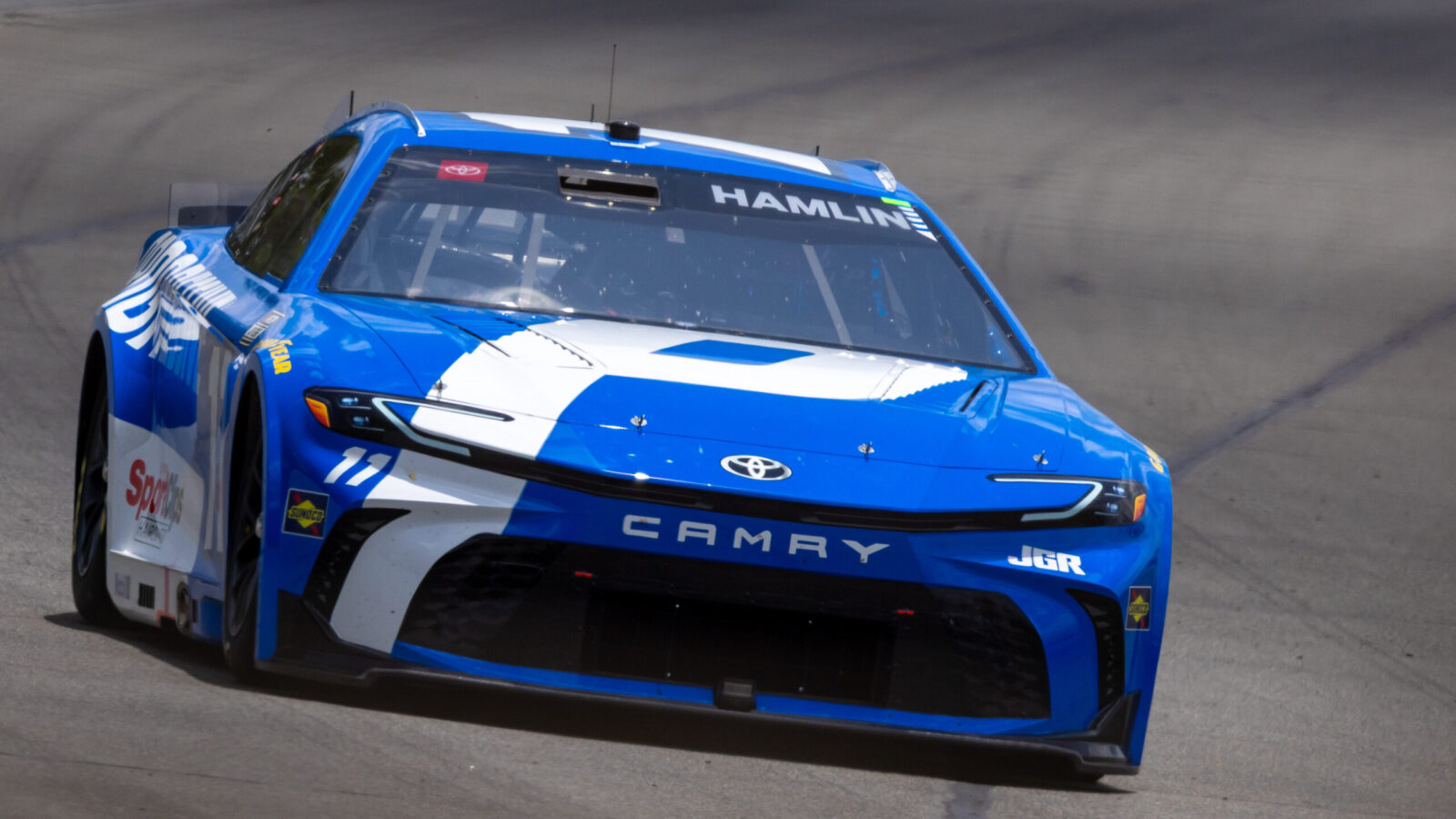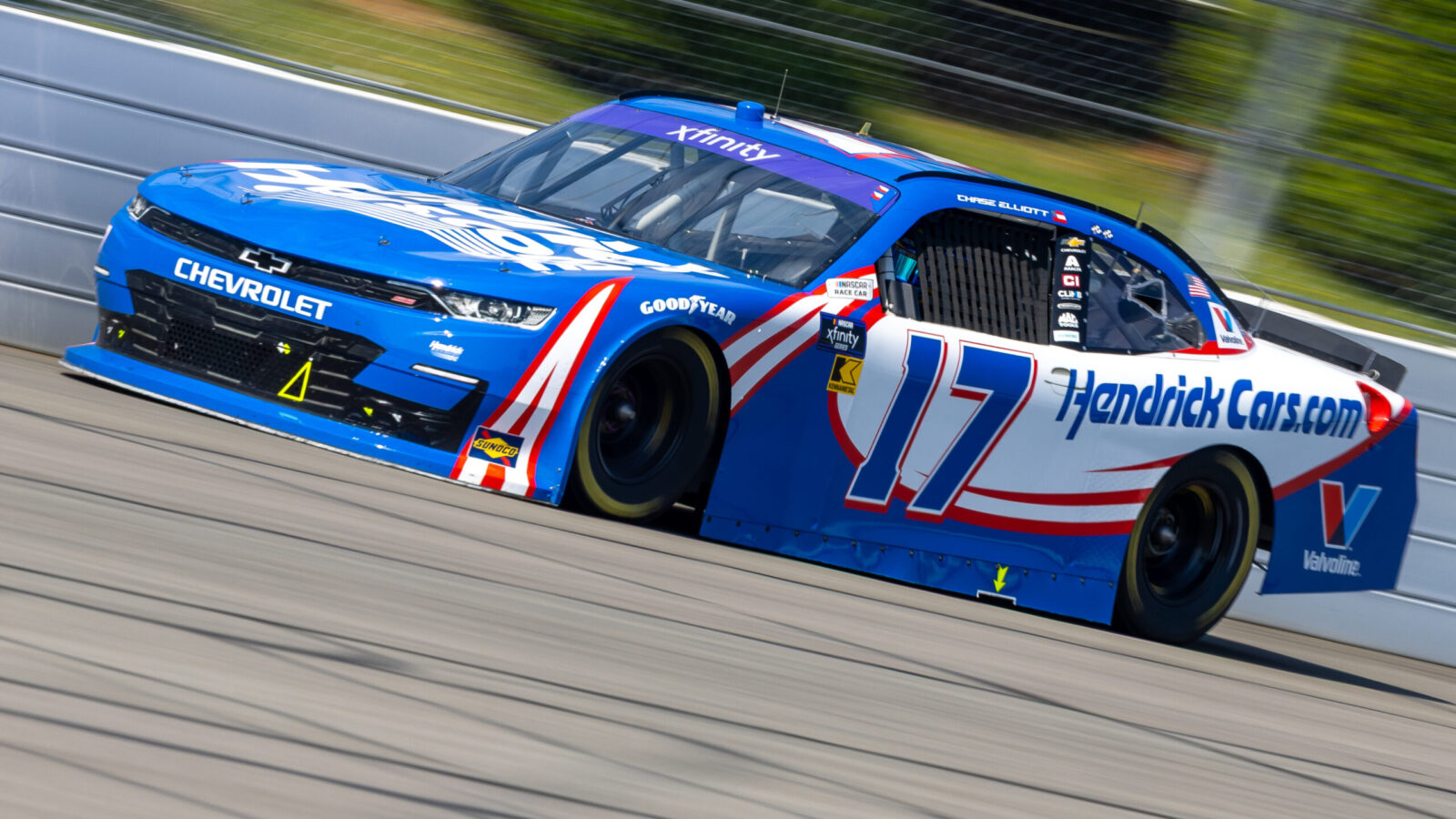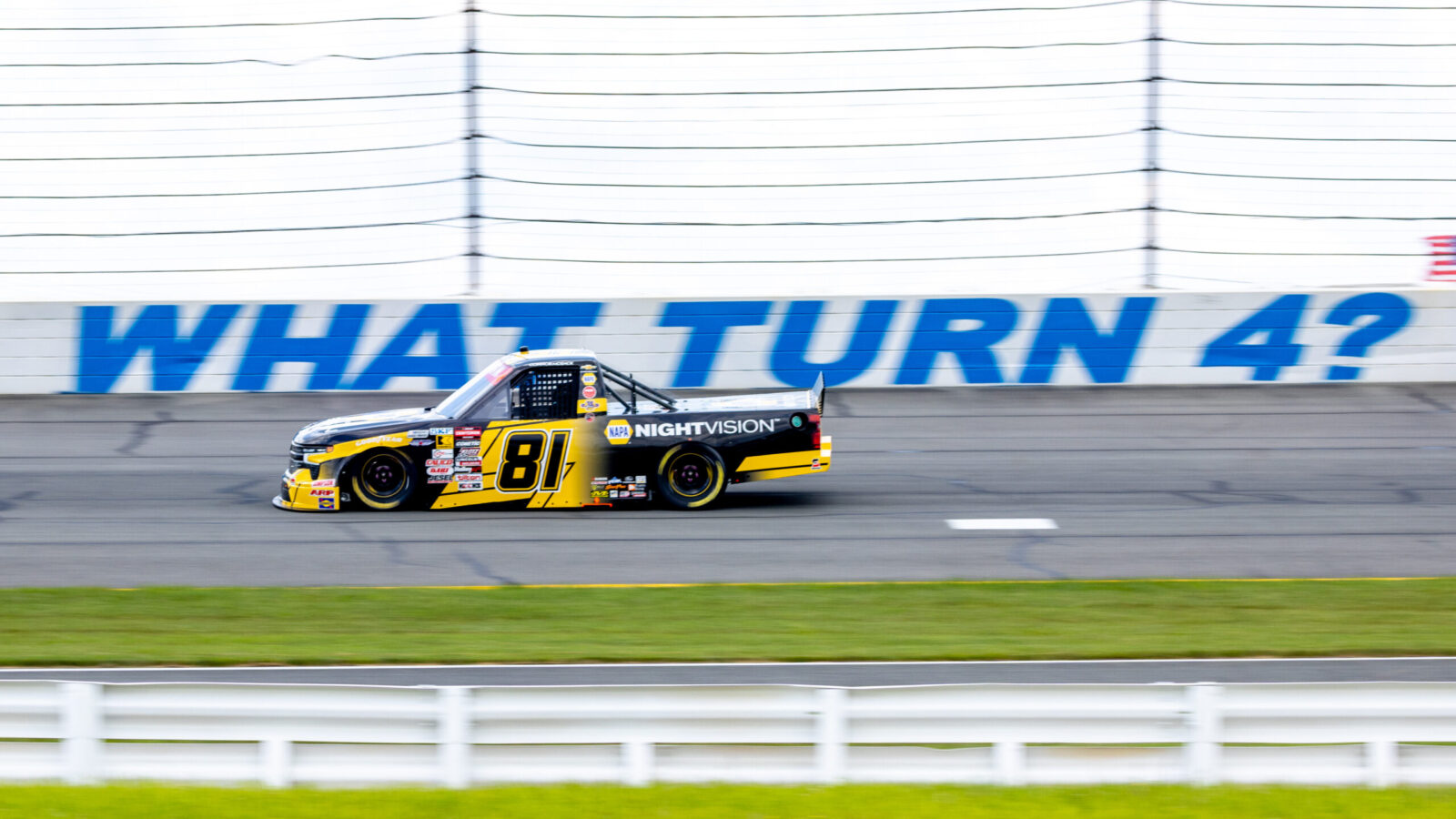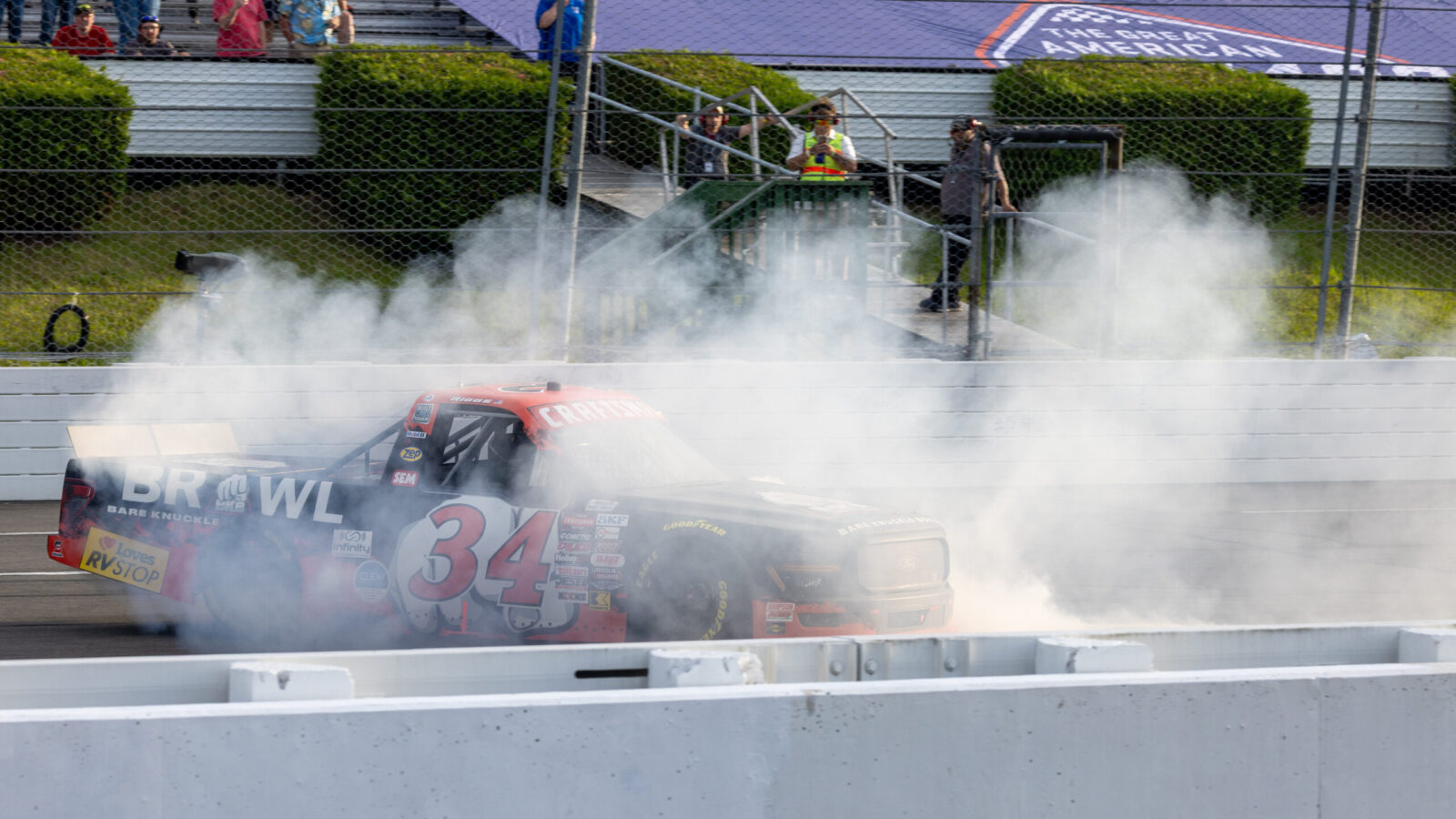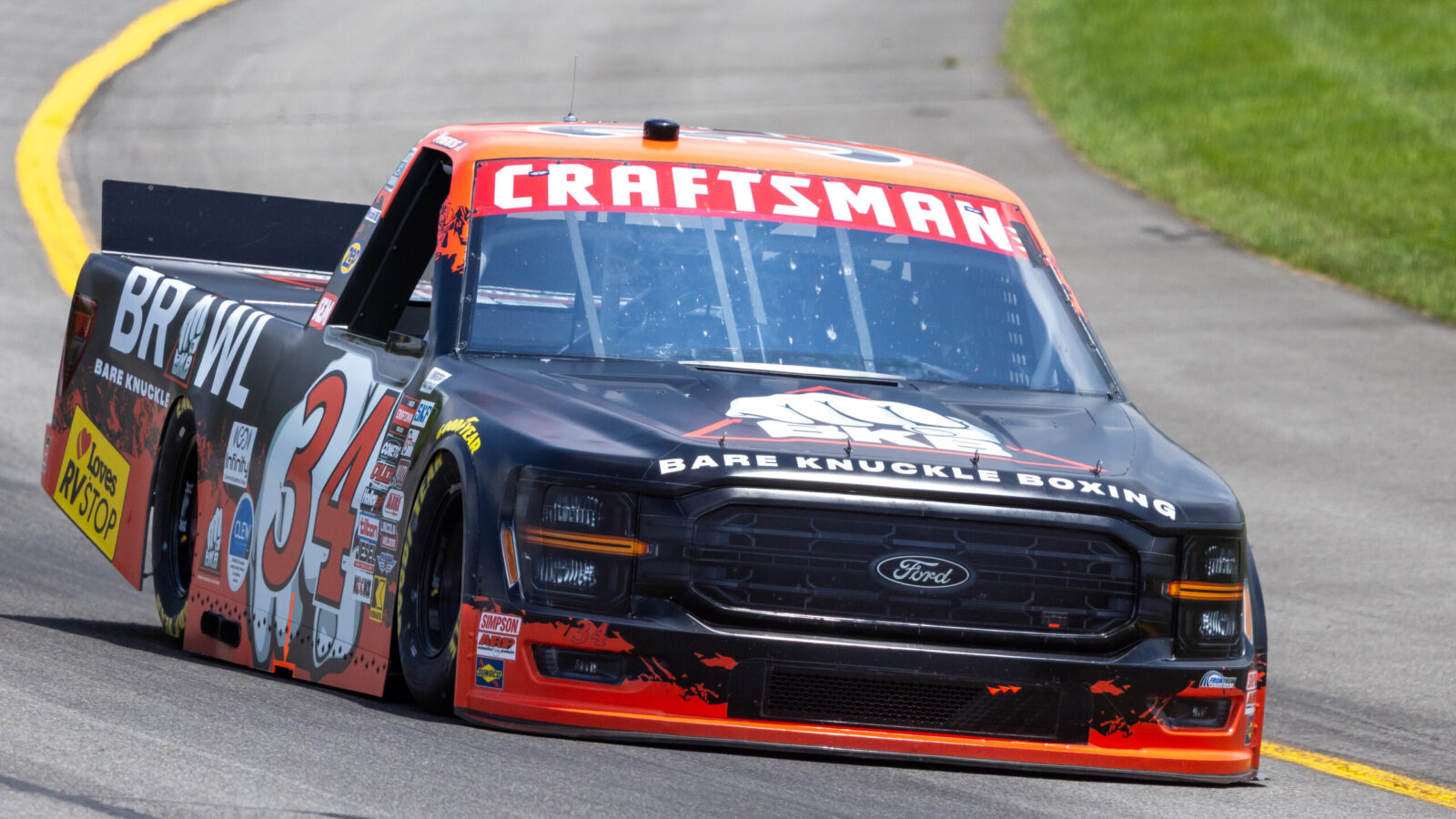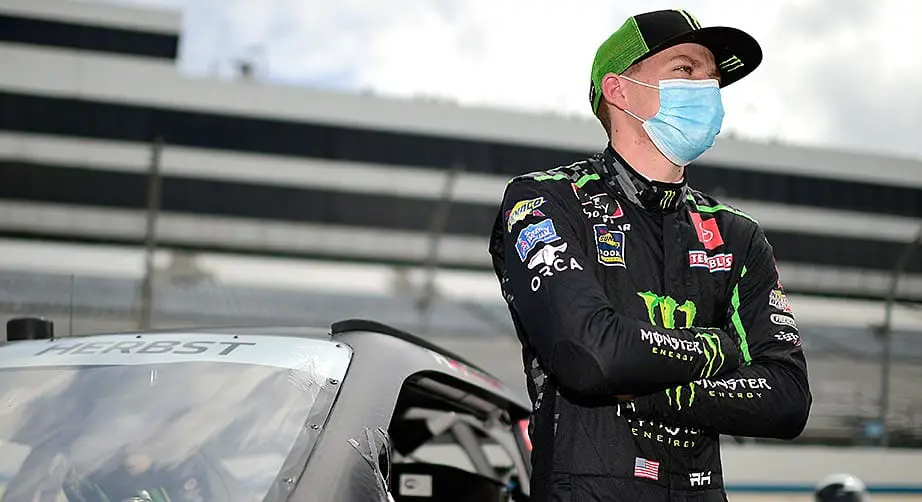
There is no denying that Riley Herbst had an incredibly difficult season in the NASCAR Xfinity Series in 2020, scoring four top-five finishes and an average finish of 16th as a rookie for Joe Gibbs Racing – one of the highest performing organizations in series history.
While the Las Vegas, Nevada-native’s 12th-place finish in final standings wasn’t indicative of the season he had – ranked 10th in average running position of drivers that ran a significant number of races — it will go down as Herbst’s only season for the winningest team in series history.
His season-long average running position of 12.965 was the lowest of the three full-time drivers for Joe Gibbs Racing, but was only 0.2 positions lower than Brandon Jones’ average running position from 2019, and nearly half a position better than Jones’ average running position in 2018.
Since 2018, it’s clear that Jones has made improvements, scoring his first career win at Kansas in 2019, then claiming three more in 2020 – even beating Kyle Busch for the victory at Phoenix in March. With more experience, the Atlanta, Georgia-native has clearly turned into a high-quality driver, one that has a legitimate shot at winning the 2021 Xfinity Series title.
So how is it unreasonable to think that Riley Herbst could find the same success given the chance to gain some more experience?
Considering the fact that Herbst took the green flag in the NextEra Energy Resources 250 at Daytona this February with 17 NASCAR National Series starts, I don’t think it’s very “out there” to make the assumption that inexperience was a large factor to Herbst’s mediocre rookie season.
Unfortunately, the lack of experience was made even more clear because of the elimination of all practice and qualifying sessions due to the COVID-19 pandemic. This, along with the general inexperience for Herbst, led to a lot of incidents throughout the season.
However, that’s okay.
Many competent drivers in the history of NASCAR’s National Series have found themselves in similar situations in their early seasons.
When Ricky Stenhouse, Jr. got his start in the NASCAR Xfinity Series, the results were not promising by any means, only scoring four top-fives and 10 top-10s in his first 39 starts for Roush Fenway Racing in 2009 and 2010.
In his second full-time season, 2011, Stenhouse became increasingly consistent, scoring 16 top-fives and 26 top-10s en-route to his first of two consecutive series championships.
With Herbst moving to Stewart-Haas Racing’s No. 98 in 2021, it gives the young – impressionable — driver a chance to get an additional season under his belt, while learning from an entirely new group of people that have found immense success in the NASCAR Xfinity Series recently.
In fact, moving away from Toyota and Toyota Racing Development (TRD) may be the best possible career move for the Las Vegas, Nevada-native, as working with Ford Performance and Stewart-Haas Racing should allow Herbst to get the individualized support that he needs to improve his race craft.
Additionally, the Stewart-Haas Racing network of personnel to speak with and ask questions could be of great benefit to Herbst, a network which includes; Kevin Harvick, Rodney Childers and Tony Stewart, along with recent Xfinity Series competitors Chase Briscoe and Cole Custer.
Ironically, partial owner of Stewart-Haas Racing, Tony Stewart, has been increasingly critical of Toyota’s development program (Toyota Racing Development) in the past, saying:
“There aren’t a lot of drivers in (Ford’s program), but there’s a reason there’s not a lot of drivers in it because they put that focus on that small group of race car drivers versus one of the other (programs) out there that is, in my opinion, ruining other drivers’ careers on a daily basis by just signing mass numbers of drivers,”
In 2020, Toyota Racing Development had at least 16 drivers competing in the NASCAR Xfinity Series, NASCAR Camping World Truck Series, ARCA Menards Series, ARCA Menards Series East or ARCA Menards Series West.
“Then at the end of it, they don’t have anywhere to go with them, or they decide they don’t like them and then those drivers, and most of them are young drivers, lose opportunities that they could have had along the way to go somewhere else.”
Stewart’s comments about TRD are especially interesting in this discussion because what Stewart describes in that quote, is exactly what happened with Riley Herbst at Toyota. Just by looking at Herbst’s career progression, it appears that Toyota would place Herbst wherever there was an opening, no matter what series it was.
Had Herbst followed a traditional development path (ARCA Regional -> ARCA National -> Trucks -> Xfinity) we may be talking about Riley Herbst as a winner in the NASCAR Camping World Truck Series, rather than being another discarded development driver by Toyota.
However, with individualized support from Ford and Stewart-Haas Racing, as well as some additional experience behind the wheel of a NASCAR Xfinity Series car for Herbst, I think we will see the Monster Energy No. 98 Ford Mustang in the mix for some victories in 2021.
One thing is for sure, Riley Herbst – without a doubt — should have the chance to redeem himself from his lackluster years with Toyota, without being labeled as something he doesn’t fit the bill for.
